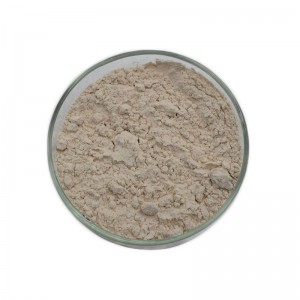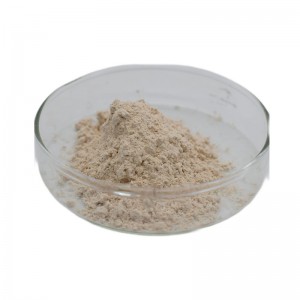Nisin
Nisin is a food preservative which is well-known around the world.Since Nisin (also known as Streptococcus lactic peptide) is a polypeptide,
it is rapidly inactivated in the intestine by digestive enzymes after consumption, Extensive micro-biological tests have not shown any cross resistant. Nisin possesses antimicrobial activity against a wide range of Gram-positive bacteria and their spores which causes food spoilage, and especially inhibits the heat-resistant bacilli, such as B. Stearothermophilus, CI. Butyricum and L. Monocytogenes. It is a natural food preservative which is highly efficient, safe and has no side-effects. In addition, it has excellent solubility and stability in food. It is not effective against Gram-negative bacteria, yeasts or mould.
1. Can effectively inhibit the Gram-positive bacteria, such as heat resistance of Bacillus, Clostridium botulinum, Listeria and its produced spores.
Also inhibit some Gram-negative bacteria
2. To ensure food quality, extend the shelf life of food
3. Good thermal stability, less loss of activity after heat treatment
4. Low dosage, to save much cost.
5 replace some chemical preservatives, to meet the needs of customers and consumers for natural preservatives
|
Item |
Nisin |
|
|
Appearance |
Light brown powder |
|
|
Molecular structure |
C141H228 N41O38S7 | |
|
Nisin content |
≥ 2.5% |
|
|
Moisture content |
≤ 3% |
|
|
PH of 10% aqueous solution |
3.10-3.60 |
|
|
Sodium Chloride |
≥ 50% |
|
|
Hydrous potency |
≥ 1x106IU/g |
|
|
Heavy metals |
Lead |
≤ 1mg/kg |
|
Arsenic |
≤ 1mg/kg |
|
|
Mercury |
≤ 1mg/kg |
|
|
Total heavy metals |
≤10mg/kg |
|
|
Aerobic bacterial count |
≤ 10/g |
|
|
Coliform bacteria |
≤ 30(MPN/100g) |
|
|
E.coli |
undetected |
|
|
Molds and Yeasts |
undetected |
|




